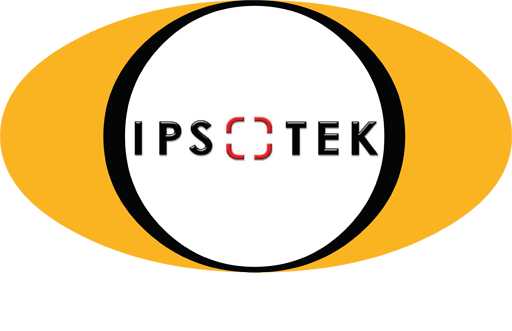Artificial Intelligence (AI) innovations have become commonplace over the past few years, and now AI in hospitals is finally taking off.
Gone are the days when AI solutions only existed in sci-fi movies and books. With IBM inventors receiving over 2,300 AI-related patents in 2021 alone, it’s evident that AI is becoming one of the top priorities for organisations.
Indeed, AI brings multiple benefits to industries by undertaking routine and mundane tasks, allowing workers to focus on more creative and essential jobs.
In fact, according to research from Data Robot, 72% of businesses claimed to be positively impacted by AI, with the technology allowing them to reduce costs, increase business agility and resilience as well as accelerate digital transformation and innovation.
Safety, security and surveillance are core operational considerations for AI in hospitals
Safety, security and surveillance are core operational considerations for many organisations, and it is within these disciplines that AI is playing a leading role.
Whether it be perimeter or intrusion detection, an abandoned object, or an illegally parked vehicle, AI plays a pivotal role in assisting organisations in maintaining safe and secure environments for their staff and visitors.
AI in hospitals includes deploying Computer Vision as part of a two-Factor Authentication (2FA) Access Control solution at staff entrances and access to wards or areas within a pharmacy to enhance safety and security for staff, patients, their possessions as well as valuable drugs.
The smooth running of a hospital starts with roads and obstructions
The smooth running of a healthcare facility starts with the roads and areas adjacent to them. Illegally or double-parked vehicles blocking zones restricted for ambulances and paramedic vehicles could lead to life-changing incidents, so maintaining clear access for these emergency vehicles is paramount.
Using Computer Vision software in conjunction with fixed and ‘Pan-Tilt-Zoom’ (PTZ) cameras, automated alerts can be generated and immediately sent to the Video Management system (VMS) showing a vehicle’s position for control room staff to manage.
This approach allows operators to identify perpetrators and their vehicles and supports the issuance of fixed fines for blocking emergency vehicle parking and access points. In addition, the same technology can be utilised to monitor adjacent roads and car parks on-site to detect smoke and fire, which could impact access to the site.
AI in hospitals will prevent tailgating
Tailgating is a term used to describe when someone follows another person unchallenged through a secure access point without presenting their ID credentials, such as an access card or biometric authentication (hand, eyes, or face).
This unintentionally creates a security breach by enabling an unauthorised user to access the building or area. Detecting this type of security breach is critical to ensure everyone’s safety.
Using 2FA at staff entrances, wards, surgical areas, pharmacies, and stores automatically raises alerts in the control room when someone is not recognised from internal HR records as being authorised for that area.
Technology can automatically detect a person(s) accessing areas outside of operational hours
In addition, this technology can automatically detect a person(s) accessing areas outside of operational hours or help locate patients who have left their rooms without supervision and may need care or support.
Facilities management is vital in case of a major incident
With large numbers of patients, staff and visitors accessing healthcare facilities, proactively managing the flow of people is crucial, especially during busy periods or in the case of a major incident. This extends to the reception areas, corridors, atriums and cafes, and the adjacent car parks.
An alternative to manually patrolling these areas is to provide control room operators with a dynamic dashboard, typically displayed on a large flat screen, which can display time-based data.
An example of this could be heatmaps showing crowded areas throughout the facility, which are regularly updated with the number of vehicles in the car parks and the length of time cars have been queuing to access the car parks.
The visibility of this operational data allows control staff to interject before overcrowding occurs and enables facilities managers to capture valuable data for future planning.
Computer Vision solutions can also raise automated alerts for behavioural incidents such as a trip and fall, loitering, aggressive behaviour, and the sudden mass movement of people. All of which can be managed from the central control room.
Focusing on AI benefits for hospitals
Adopting AI solutions is a proven way to prevent and respond to an increasingly wide array of potential incidents within healthcare facilities and the surrounding areas. It allows for smarter situational analysis, providing faster response times, improving patient and visitor experiences, and ensuring hospitals are safer and more efficient.
AI also saves time for operational staff by scanning millions of gigabytes of data instantly, raising automated alerts, collecting and analysing new data insights, and identifying trends and patterns to support future development plans.
Indeed, AI solutions might be perceived as a costly investment, but given that Computer Vision solutions can work with existing CCTV and VMS infrastructure, the benefits hugely outweigh the costs, especially when you’re responsible for the safety and security of people within your healthcare facility.
This piece was written and provided by Chris Bishop, Sales Director APAC & Marketing Director at Ipsotek, an Eviden Business at Atos Group.
Published by https://www.openaccessgovernment.org/ai-hospitals-improve-safety/159404/



